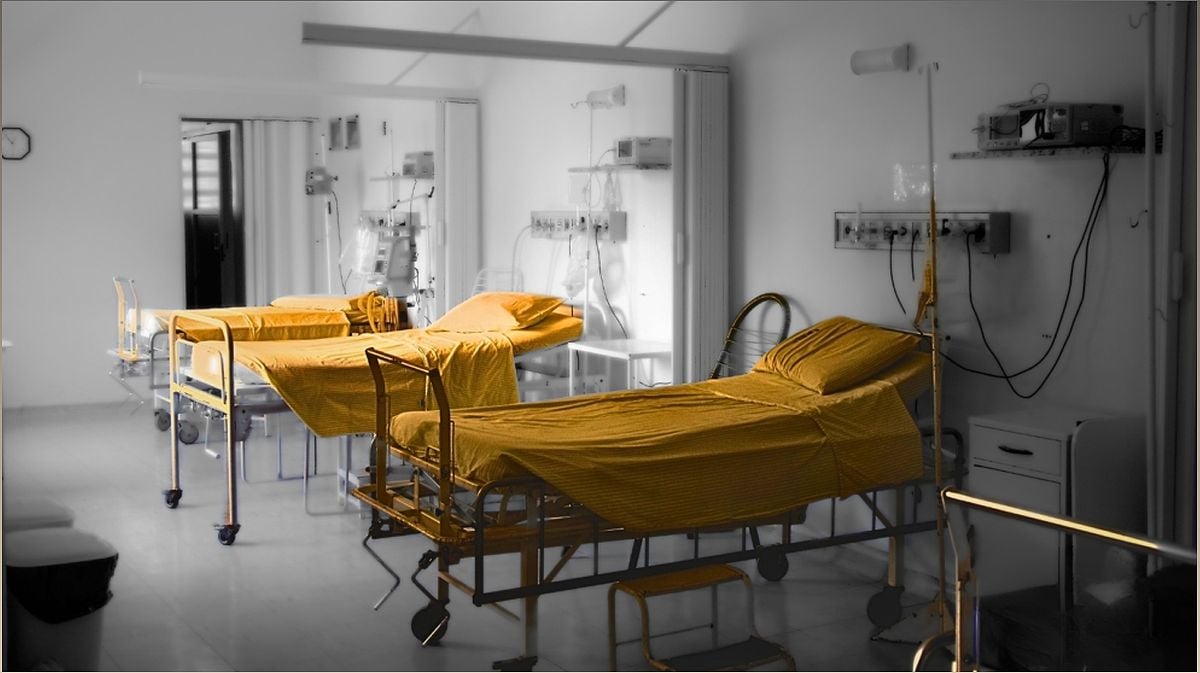Improving Pediatric Emergency Care in U.S. Hospitals: A Critical Necessity
The health and wellbeing of children is a fundamental societal concern. However, pediatric emergency care in U.S. hospitals requires urgent improvements. In this article, licensed therapist Jennifer Smith emphasizes the critical necessity of prioritizing pediatric emergency care. Jennifer highlights the unique needs of children in emergency situations, the readiness of emergency departments, the importance of pediatric care and training, and the challenges faced by families with children who have complex medical needs. By addressing these issues, we can ensure the best possible health outcomes for our children in emergency situations.
The Unique Needs of Children in Emergencies
Children in emergency situations have unique medical needs that require specialized care. Discover why it is crucial to prioritize pediatric emergency care.
Children in emergency situations require a different approach compared to adults. Their age and developmental stage necessitate tailored equipment, expertise, and care. However, many emergency rooms lack the necessary training and equipment to meet these unique needs, resulting in alarmingly high mortality rates for children in inadequately equipped emergency rooms.

Hospitals must take action to meet pediatric readiness standards, which include ensuring that all children have health coverage, improving maternal and child health, addressing the children’s mental health crisis, preventing gun violence, increasing immunization rates, and improving health system access and quality. By prioritizing pediatric emergency care, we can ensure the best possible health outcomes for our children.
Readiness of Emergency Departments
The nationwide pediatric readiness of hospital emergency departments is concerning, with a median score of just 69 out of 100. This lack of readiness puts children at a higher risk. A 2019 study revealed that a critically ill child is four times more likely to die when admitted to an emergency department that is not pediatric ready.
Compounding the problem is the closure of pediatric units across the country, making it harder for families to find pediatric specialty care. Many families are left with general emergency departments as their only option, which may lack the necessary expertise and equipment to properly care for children.
Pediatric Care and Training
Explore the importance of specialized pediatric care and the need for training in emergency departments to cater to the unique needs of children.
Children have different physiological and anatomical needs compared to adults. It is crucial for emergency departments to have not only the necessary equipment but also the expertise to properly use it. This requires more training and planning by hospitals to ensure the best possible care for pediatric patients.
Studies estimate that if all emergency departments in the U.S. were pediatric ready, as many as 1400 children’s lives could be saved each year. By prioritizing pediatric care and training, we can improve health outcomes for children in emergency situations.
Children with Complex Medical Needs
Learn about the challenges faced by families with children who have complex medical needs and the importance of policy changes to support their care.
Families with children who have complex medical needs face numerous obstacles, including navigating the healthcare system, financial stress, and the need for constant care. The COVID-19 pandemic has further exacerbated these challenges by impacting the availability of medical supplies and home health nursing.
Policy changes are necessary to improve home health support and prevent repeat hospitalizations. The increasing costs associated with the care of medically complex children highlight the urgency of addressing these issues and providing adequate support to these families.
Conclusion: Prioritizing Pediatric Emergency Care
In conclusion, it is imperative that we prioritize and improve pediatric emergency care in U.S. hospitals. By ensuring adequate training, equipment, and standards in emergency departments, as well as addressing the unique challenges faced by children with complex medical needs, we can improve the health outcomes of our children in emergency situations.
The health and wellbeing of our children are at stake, and it is our responsibility to do everything possible to ensure they receive the best care when they need it the most.
